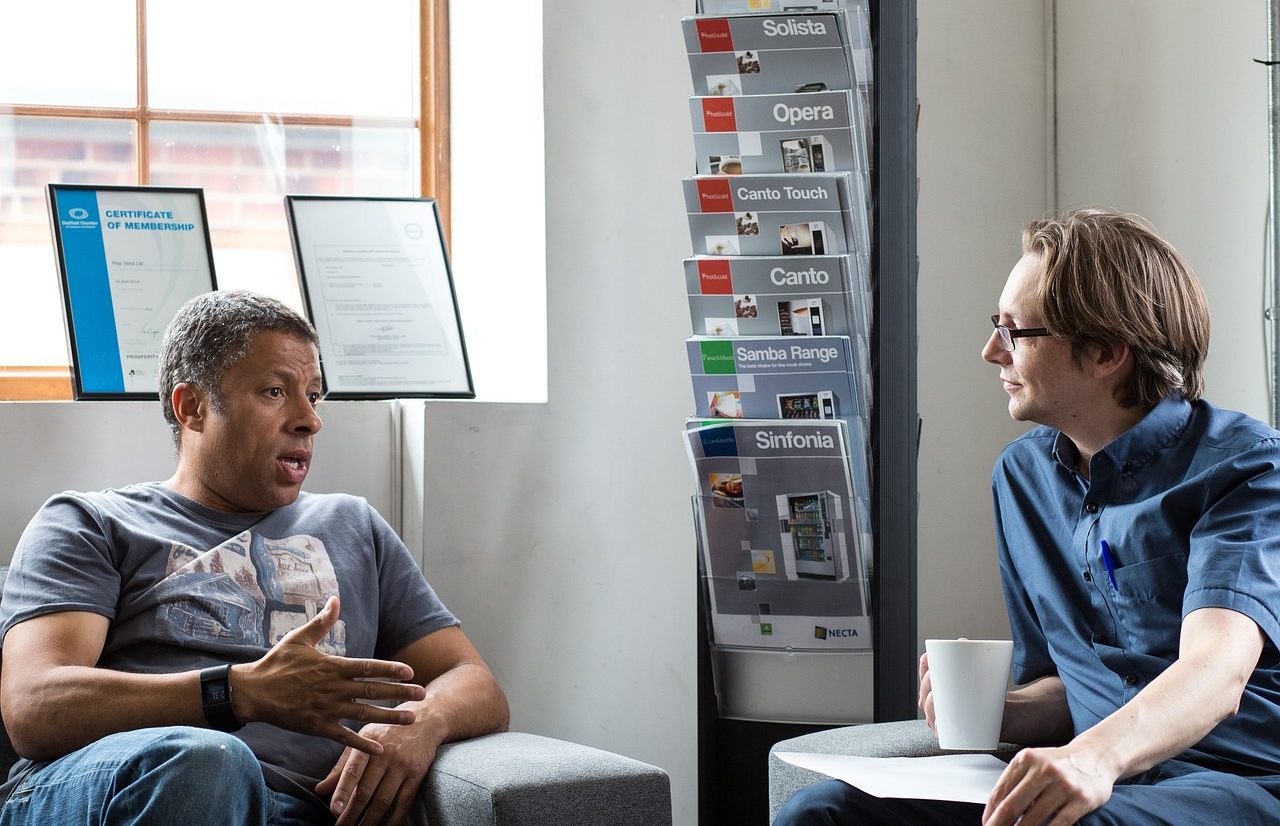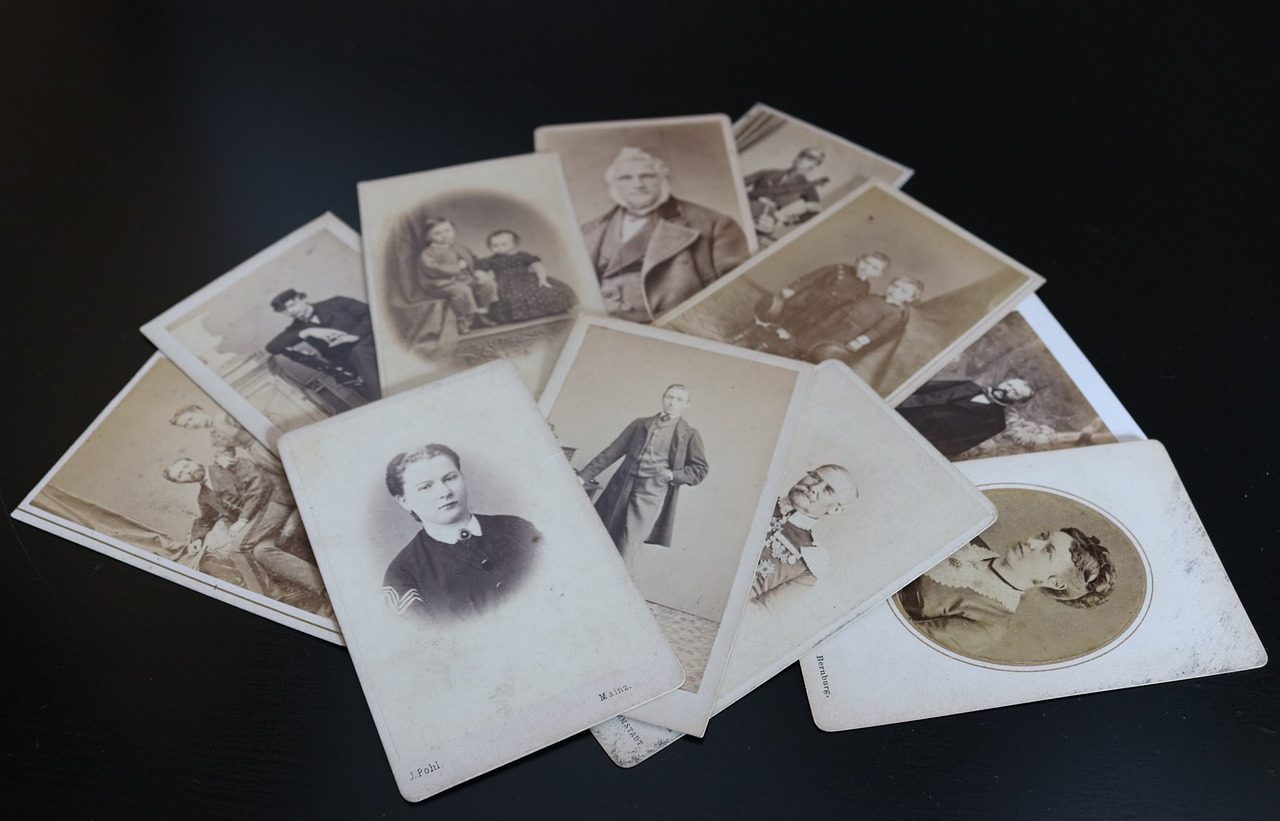
Structured interviews, personal recollection of a life story, and narrative biographies are very useful for oral history.
Oral history is the name given to a way of reconstructing ancient events through testimonies and data transmitted through the spoken word , that is, orality .
Just as there are multiple written records that allow us to appreciate the past, oral tradition and all kinds of oral sources are of utmost importance for the field of study identified as oral history , a framework in which experiences , personal memories and experiences are valued. collective memory .
Anecdotes , legends , myths and people's statements are essential for the tasks of discovery , collection , preservation and interpretation of information linked to the history and identity of a town, city or country.
Oral History Resources
Those who dedicate themselves to oral history use different resources to obtain, preserve and reproduce content of interest that, to point out some possibilities, reflect the experiences of individuals capable of telling how they experienced a phenomenon of migration , a process of colonization , the independence of a country, etc.
The oral historian usually resorts to conducting interviews and even talks (formal or informal) to obtain enriching testimonies that help understand how someone lived or perceived a certain event or historical period . This material can be recorded in both an audio and video recording and made into a transcription so that it can be analyzed and stored in text format.
It is important to keep in mind that oral history finds its greatest focuses of interest in relevant past issues at a historical and social level. For this reason, the person in charge of the interview must prepare it adequately and carry it out responsibly , respecting the personal narrative of each interviewee. In no case should the result be manipulated, judged or forced: each project initiated to achieve content that invites reflection on events from other times needs testimonies offered voluntarily and a dissemination that takes into account the requests or restrictions eventually requested by the narrators. . Interviewers/historians must be faithful to their research, the topic addressed and even the language used by the interviewees.

Oral history seeks testimonies from people who put into words memories and experiences of a significant event at a cultural, social, religious, historical, economic, etc. level.
There are two alternatives to choose from regarding the interview : formulate a thematic questionnaire that reveals sensations, aspects, phenomena or situations not captured in the documentary history or go behind the life story with an interview that prioritizes a biography .
For the benefit of oral history , which can well be used in educational environments to collect testimonies about the not-so-distant past (thanks to questions answered by students' relatives, for example), it is necessary to contrast sources and seek support or support in various sources. specialties or branches focused on History .
Although there are always challenges and limitations to overcome when it comes to oral history , the advancement of technology has favored the tasks of oral historians . In the digital era , for example, the editing stage is faster and easier, as well as the conservation, access and dissemination of projects and content are facilitated thanks to digitization and the use of the Internet .

A historical investigation can use oral testimonies complemented by photographs, printed documentation, etc.
Fields of application and topics covered
Oral history constitutes an extremely useful tool for carrying out an analysis of a historical nature that considers individuality, with subjectivity, the level of memory , the possibilities of expression and the memories of those who contribute their vision or interpretation of an event or political process. , economic, cultural or social of other times.
Oral history , with its methodologies and resources, invites us to contemplate numerous themes and to be applied in many contexts or areas. As a reference, it is interesting to know that a voice can be given from this field of work to “forgotten” or not taken into account characters, to minorities or to members of a community not perhaps reflected in an official story .
Through oral history it is possible to contribute to the preservation of the intangible heritage of a society (documenting and safeguarding cultural heritage from oral stories, for example), realities of political or economic history can be understood and studied, etc.
Classrooms , on the other hand, are ideal spaces to exalt the benefits of oral history and stimulate in students the desire to learn from the greatest from their life experiences and their statements or testimonies about an event that had them as witnesses or protagonists .
The evolution of a neighborhood, the significant changes that a town experienced, the customs of yesteryear segmented by gender or age , the experiences of civilian victims of an attack or a war , the early days of a certain social movement ... They are varied and There are numerous themes or discoveries that can be explored by taking advantage of oral history , an essential field for strengthening identities, understanding cultures or historical contexts, facilitating research and transmitting knowledge.
